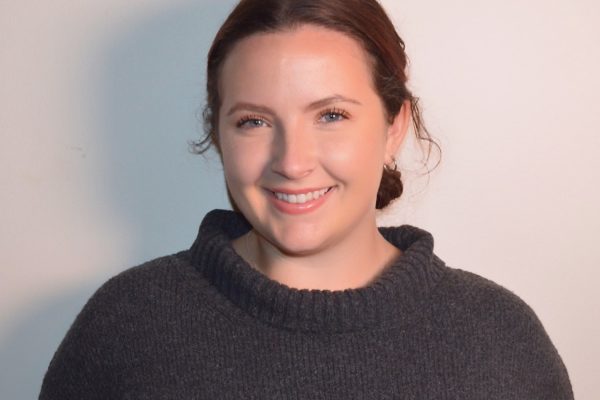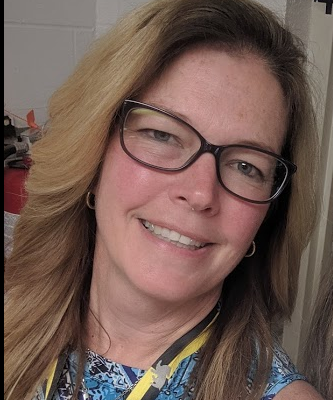 We often speak about providing students with voice and choice in their learning. But what about the adults? Edcamp is an “unconference” designed specifically for educators. A national phenomenon, educators flock to Edcamps seeking an organic, participant driven learning experience.
We often speak about providing students with voice and choice in their learning. But what about the adults? Edcamp is an “unconference” designed specifically for educators. A national phenomenon, educators flock to Edcamps seeking an organic, participant driven learning experience.
On a cold Saturday morning in February, 61 educators gathered in Franklin for the second Edcamp MALeads, sponsored by the MSAA Elementary Committee. Administrators and teachers from the Berkshires to the Cape (and two from Connecticut) participated. About half of the participants were participating in an Edcamp for the first time.
Following a brief orientation by Chris Dodge, Liz Garden and Brenda Maurao from the Elementary Committee, participants listed topics they were interested in talking about with colleagues. Organizers grouped dozens of post-its into categories and gradually “the board” took shape into 20 offerings – five topics per session with four sessions scheduled over the course of the morning. The face-to-face conversation was supplemented by a Twitter conversation using #EdcampMALeads. In addition, collaborative notes for each session were recorded in Google docs. Click HERE to see the twenty topics and notes from each session.
So what accounts for this phenomenon in which educators willingly give up a precious Saturday morning? From various research on adult learning compiled by the National Institute of School Leadership, we know that adults seek learning opportunities that are:
- Needs-based
- Contextualized in real-life circumstances
- Self-directed
- Based in a rich reservoir of experience
 Given that adult learners are also highly conscious of competing needs on their time, Edcamp must be meeting a need for adult learners.
Given that adult learners are also highly conscious of competing needs on their time, Edcamp must be meeting a need for adult learners.
However, at the conclusion of Edcamp, Chris Dodge reminded us of John Hattie’s findings on professional learning in his influential 2008 book, Visible Learning: A Synthesis of Over 800 Meta-Analyses Relating to Achievement. Hattie notes several key points about the impact of professional learning on achievement. Chris highlighted the connections to Edcamp in bold:
- Learning opportunities are best for teachers when they occur over an extended period of time. Powerful ideas that form from new practice also result in an impact on student achievement.
- Teachers must be sufficiently engaged during the learning process in order to deepen their knowledge, and extend their skills in ways that improve student outcomes.
- Effects on student learning are significantly attributed to professional learning that challenges teachers’ everyday ideas and discourse about learning.
- Teachers dialoguing with teachers about teaching is “necessary, but not solely sufficient.” Teachers must be involved in routine experiences of “challenging problematic beliefs, testing the efficacy of competing ideas, and having discussions that are grounded in artifacts that use student learning.”
- Professional learning is effective when the school leadership supports opportunities to learn, provides access to expertise, and offers opportunities to process new information.
We know that professional learning that leads to meaningful change occurs over time as a part of a coherent plan. At the same, we need  to provide places for educators to be inspired and to have choice.
to provide places for educators to be inspired and to have choice.
In a piece calling for a more nuanced approach to PLCs, David Jacobson (Kappan March 2010) suggests: “The challenge for schools is to create an effective balance between bottom-up and top-down teacher teaming, between open-ended and structured process, between instruction-driven and assessment-driven improvements and between discipline and creativity.”
Edcamp serves a much needed counter-balance to the more directed, top-down learning that has dominated professional learning initiatives in recent years. At Edcamp, you are encouraged to “vote with your feet.” Clearly, educators are voting to participate. Edcamp stands as an example of the power of voice and choice in adult learning. And it was fun!
We hope to see you at Edcamps MALeads next year!
Rick Rogers is the Assistant Director of the MSAA
P.S. A special Thank you to our sponsors for their support of Edcamp MALeads: The Edcamp Foundation, MASCD, MassCUE, and MTA.
 Print this post
Print this post




